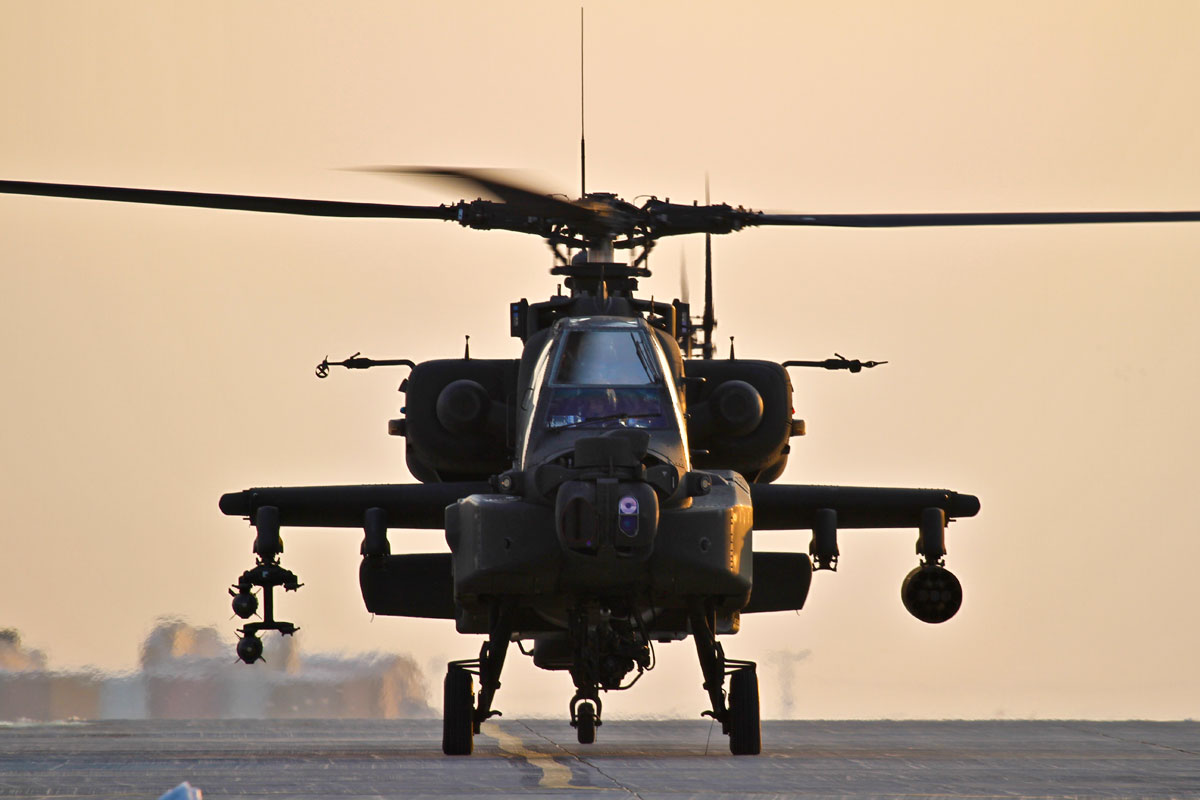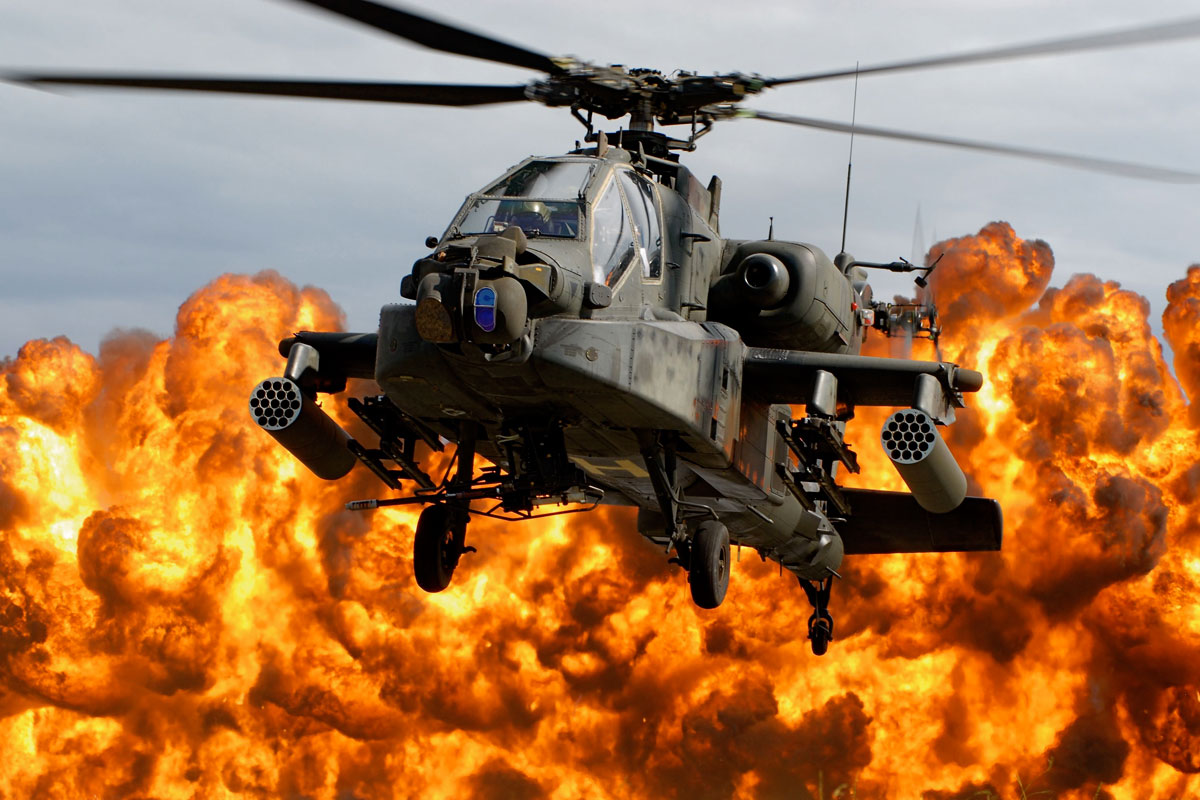
The U.S. Army to get rid of the ageing AH-64D Apache attack helicopters to make room for the new aircraft, according to a notice posted to the U.S. government’s main contracting website this week.
The Army Contracting Command-Redstone Arsenal (ACC-RSA) is actively seeking contractors for the disassembly of numerous AH-64D configuration helicopters, which are still in service.
“The United States Government (USG) Army Contracting Command-Redstone Arsenal (ACC-RSA) is currently engaged in market research to assess potential providers for the demobilization of Apache AH-64D helicopters for the Project Manager for Apache Attack Helicopter (PM AAH) within the Program Executive Office for Aviation (PEO AVN),” the notice states. “The USG is in search of potential sources possessing the necessary expertise, capabilities, and experience to fulfill the requirements for disassembling the Apache AH-64D Attack Helicopter, with sourcing directly attributed to the Government.”

The Apache Project Office is actively seeking new and innovative industry partnerships to provide comprehensive plans, procedures, production information, and reports for the depopulation of 3-7 AH-64D aircraft each month. Additionally, this project entails minor repairs aimed at optimizing component reuse in the production of Apache AH-64E helicopters.
As outlined in the notice, the project’s performance period spans from January 2022 through December 2027, with the initial delivery required by June 2023 and the final delivery due in March 2027.

The Boeing-manufactured AH-64 Apache stands as the Army’s premier attack helicopter, possessing the capability to neutralize armored targets, personnel, and equipment, even in challenging battlefield conditions.
The current Army Aviation fleet encompasses both AH-64D Longbow Apaches and AH-64E models, with Apaches deployed to both Active Army and Army National Guard reconnaissance battalions and cavalry units. These aircraft are designed to provide support to Brigade Combat Teams across the entire spectrum of warfare.











